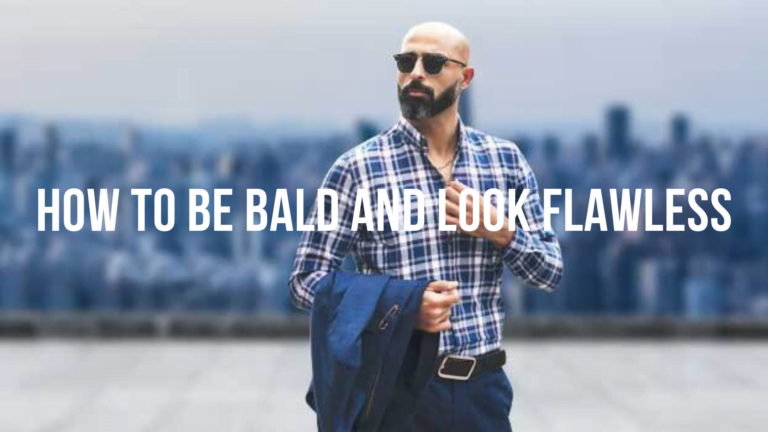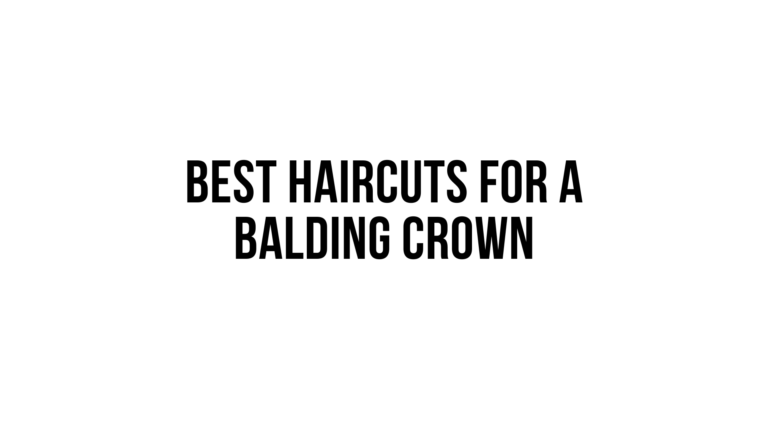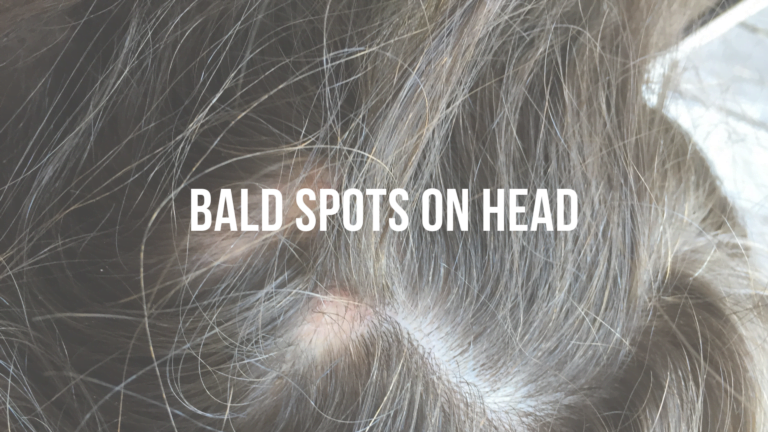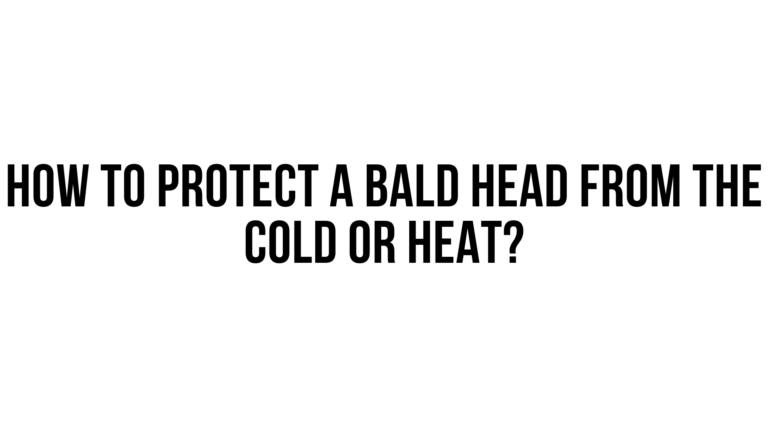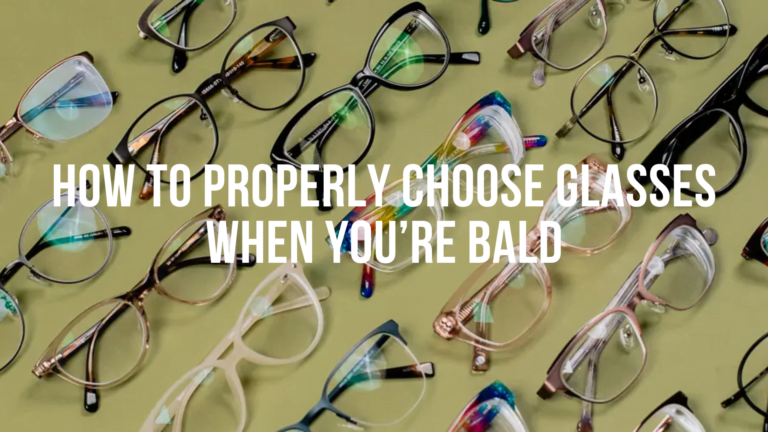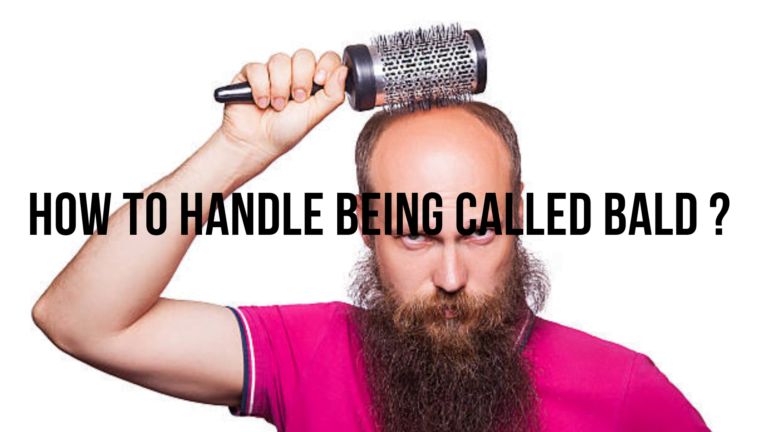Blonde hair is often portrayed as the ideal hair color in popular culture. However, there are also stereotypes about blondes being more prone to hair loss and baldness.
Is there any truth to the notion that blondes go bald faster? Let’s take a closer look at what causes baldness and examine if hair color really plays a role.
Causes of Hair Loss and Baldness
Genetics and Androgenetic Alopecia
For both men and women, the leading cause of baldness is genetics, particularly a condition called androgenetic alopecia.
This is an inherited sensitivity to hormones called androgens, which cause the hair follicles to shrink over time.
Hair production slows and the remaining hairs become finer. The progression of androgenetic alopecia depends on your genetic susceptibility, not your hair color.
Stress
Stress can exacerbate hair loss by causing more hairs than normal to enter the shedding phase of the growth cycle at once.
During stressful times, hair may become loose in the shower or come out in clumps when brushing. But again, sensitivity to stress is not linked to whether you have blonde, brunette or red hair.
Other Factors That Can Lead to Hair Loss
Hair Treatments and Chemical Processing
Chemical straightening, perming, bleaching and dyeing can all damage hair and make it more prone to breakage and shedding if done too frequently or improperly.
Blondes may be more likely to use lightening treatments, so in that sense, they may experience more hair loss as a result of chemical overprocessing. But plenty of brunettes also color their hair with no issues.
Improper Hair Care
Vigorous brushing and backcombing stresses the hair and scalp. If you pull hair too tightly in ponytails, it can lead to loss especially along the forehead and temples. But hair abuse can cause bald spots regardless of your natural color. The issue is how you treat hair, not whether you’re born blonde.
The Reality: Blondes Don’t Necessarily Go Bald Faster
Myths and Stereotypes About Blonde Hair
There’s no scientific evidence that natural blondes inherit a gene that makes them lose hair faster than brunettes or redheads. The stereotype of dumb, thin-haired blondes comes more from cultural prejudice and stereotyping than reality.
Underlying Causes Are More Important Than Hair Color
Your hair’s sensitivity to DHT, stress levels, chemical processing and hair care habits have a far bigger impact on hair loss than simply having blonde hair. Plenty of naturally blonde actresses and models in their 40s and 50s still have luscious, full locks.
Tips for Blondes to Maintain a Healthy Head of Hair
Use Gentle, Moisturizing Shampoos and Conditioners
The lighter your hair, the more prone it is to dryness. Invest in a hydrating shampoo and conditioner formulated for color-treated hair. Reduce washing to every other day or a few times a week.
Avoid Over-Processing and Heat Styling
Give your hair a break from bleach, dye, perms and straightening irons. These can all wither hair over time. Go natural and embrace your texture.
Take Breaks Between Chemical Treatments
Allow 2-3 weeks between color appointments for your scalp and hair to recover. Mix in glossing treatments to bump up shine between dye jobs.
Reduce Stress
Easier said than done, but try meditation, yoga, journaling or other relaxation techniques to calm stress. Massage your scalp to increase circulation.
Conclusion
While blondes may play into stereotypes about hair loss, the truth is hair color itself has minimal bearing on baldness. Genetics, age, stress, styling habits and other factors play a far bigger role.
Blondes can keep their locks lush by avoiding over-processing, de-stressing and using gentle hair care practices. Your hair’s health ultimately depends more on how you treat it versus its color.
Does dyeing your hair blonde increase hair loss?
Dyeing hair blonde can increase hair loss if done excessively without breaks between treatments or using low-quality dye or lightener. But appropriately spaced professional blonde coloring does not necessarily accelerate shedding. Take precautions and do your research to prevent chemical damage.
Do hair extensions and weaves cause hair loss for blondes?
Clip-ins and temporary extensions usually don’t cause balding but improperly installed tape-ins and weaves that place excessive tension on hair roots can over time. This risk is not exclusive to blondes – traction alopecia can happen to anyone.
Should blondes take biotin supplements for thinning hair?
Biotin and collagen supplements or gummies can help strengthen fragile hair prone to breakage. However, they won’t prevent genetic hair loss. See a dermatologist if you suspect an underlying medical cause like androgenetic alopecia.
Does sun exposure destroy blonde hair?
Lighter hair has less natural melanin protection from UV rays. This can fade color and make hair dry and brittle over time if not properly protected. Wear a hat or use products with UV filters when outdoors.
Do purple shampoos help blondes prevent hair loss?
They help maintain vibrancy by neutralizing brassiness. But there’s no evidence purple shampoos themselves prevent shedding. Their color-correcting toners can help disguise sparse spots by brightening blonde tones. Use in moderation to avoid buildup.

